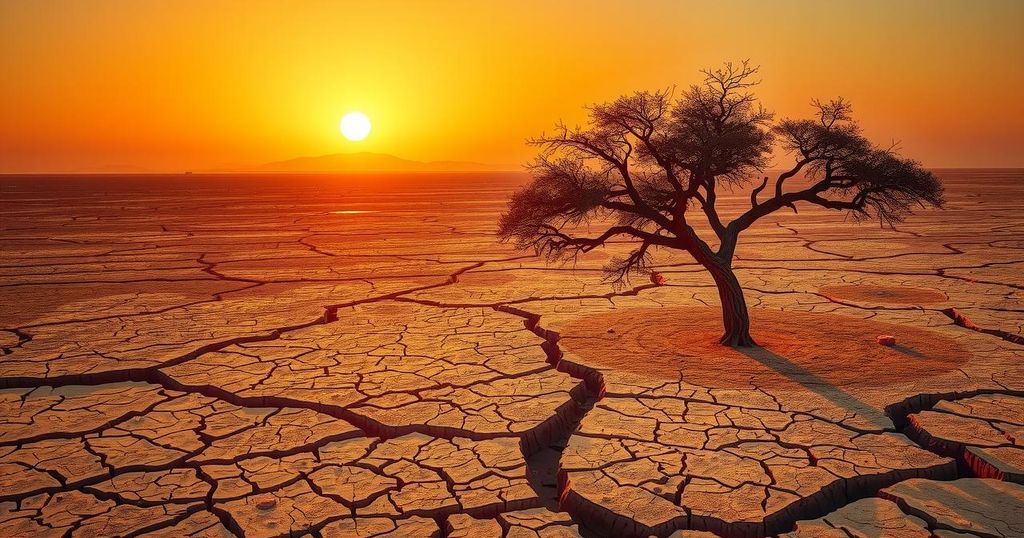India is likely undercounting heat-related deaths, according to Soumya Swaminathan, former WHO chief scientist. The government is enhancing surveillance but must focus on tracking heat impacts on health. Official records significantly underestimate fatalities, with higher rates of illness and economic loss anticipated this summer as temperatures rise.
Former WHO chief scientist Soumya Swaminathan emphasizes that India is likely underreporting heat-related deaths due to insufficient data. However, the Indian government has begun improving its surveillance systems to mitigate the effects of extreme heat on public health. In light of another extreme summer forecast, she advocates for enhanced tracking and decisive policy action to address this pressing concern.
During an interview, Swaminathan discussed the challenges of accurately recording heat-related fatalities. She pointed out that, “Most likely. We do not really have a good record of every death in the country… we have to make some estimations.” Recent studies have tracked excess deaths, revealing patterns that can be associated with heat-related illnesses.
The India Meteorological Department (IMD) reported a record 536 heatwave days last summer, the highest in 14 years, with significant numbers of suspected cases of heat stroke. Official statistics indicated 41,789 suspected heat stroke cases and 143 heat-related deaths, but experts believe the true number is much higher, estimating that 20 to 30 percent of heat stroke cases lead to fatalities.
This summer, the IMD expects above-normal temperatures across most regions. Swaminathan noted that while surveillance has improved, the reported fatalities are merely the “very tip of the iceberg.” She indicated that for every death, there may be approximately 20 individuals suffering from heat-related ailments such as heat exhaustion or exacerbated health conditions, leading to productivity and economic losses.
Swaminathan highlighted the need for comprehensive measures to ensure public comfort and mental well-being during extreme heat. “If you do not get any relief from heat for a prolonged period, then we know, for example, suicides go up, psychiatric illnesses get worse, and domestic violence increases,” she stated, underscoring the broader implications of heat exposure on societal health.
The alarming undercount of heat-related deaths in India, as indicated by former WHO chief scientist Soumya Swaminathan, underscores an urgent health crisis exacerbated by climate extremes. Current statistics are believed to represent only a fraction of the actual fatalities. Enhanced surveillance and comprehensive policies are crucial to manage the anticipated impacts of extreme summer temperatures, mitigate health issues, and address the economic consequences tied to heat. Overall, it is vital for public health initiatives to prioritize thermal comfort and mental well-being amid rising temperatures.
Original Source: www.business-standard.com




